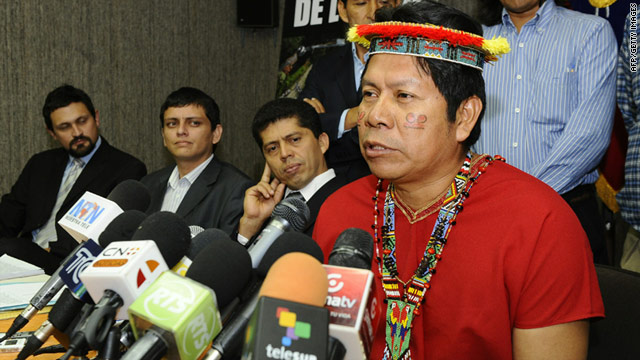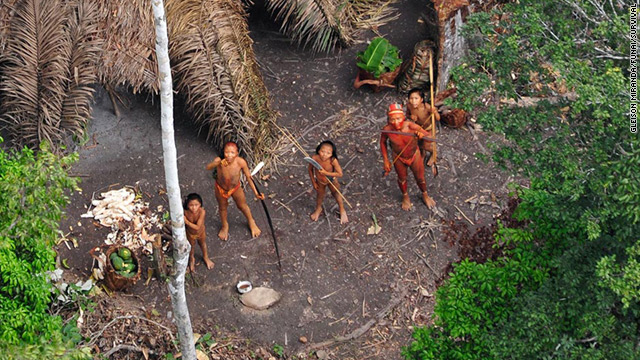By Patrick Vanderpool
Impunity Watch Reporter, South America

QUITO, Ecuador – A judge in Ecuador has awarded $8.64 billion to Ecuadorian residents of the Amazon who had sued Chevron for years of crude oil pollution. The award is set to double if Chevron does not apologize within two weeks.
Both sides have indicated that they will appeal the verdict.
Chevron claims that the court’s verdict is the “product of fraud.” The plaintiffs assert that the award is too small in relation to the cost of the pollution’s cleanup. In addition, Chevron alleges that “the Ecuadorian court’s judgment is illegitimate and unenforceable.”
The lawsuit charged that the oil company used a variety of substandard production practices in Ecuador that resulted in pollution that “decimated” several indigenous groups in the area.
According to the Amazon Defense Coalition, Chevron has admitted that Texaco, its predecessor, dumped more than 18 billion gallons of toxic waste into Amazon waterways, abandoned more than 900 waste pits, burned millions of cubic meters of gases with no controls and spilled more than 17 million gallons of oil due to pipeline ruptures. The coalition claims that cancer and other health problems were reported at higher rates in the area.
Luis Yanza, a spokesperson for the Assembly of those Affected by Chevron, said at a news conference that the ruling was “historic” and a “collective victory.” Yanza was also quick to proclaim that the award was fairly insignificant in terms of the harm that 30 years of pollution has had on the area.
The judgment against Chevron is the latest skirmish in 18 years of litigation between the Amazon indigenous groups and Chevron, which inherited the lawuit when it purchased Texaco in 2001.
Although both parties will appeal, Humberto Piaguaje, a local leader, called the judgment “a victory for the population that lives in the oil-producing area in northern Ecuador.” “The judge did justice and has seen reality,” said Piaguaje. “We know that this is only one part of our fight and we will continue until there is justice and the damage is healed. The world should know that what happened in the Amazon and our fight for life, for justice.”
For more information, please see:
Bloomberg – Chevron’s $17 Billion Ecuador Judgment May be Unenforceable, Analysts Say – 15 Febraury 2011
CNN – Appeals Planned after Amazon Residents Win Ruling Against Chevron – 15 February 2011
Reuters – Snap Analysis – Chevron-Ecuador Case Only at Beginning of the End – 14 February 2011

